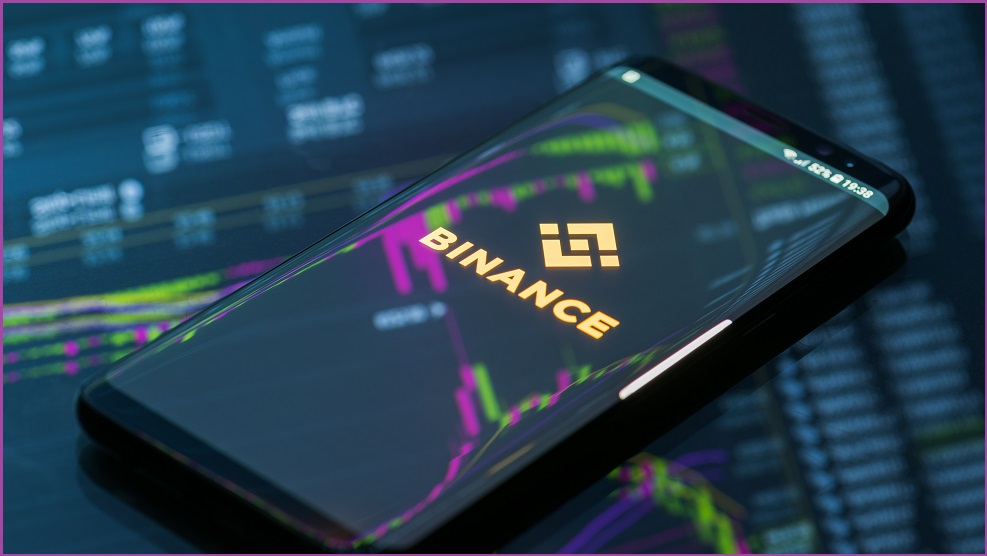The world’s biggest cryptocurrency exchange Binance is finding it harder to do business in Australia as third-party providers and banks limit access to local customers.
On Thursday, Binance Australia told customers that it was “unable to facilitate PayID AUD deposits” after its third party payments provider cut off access.
Binance has been using PayID to offer quick, fee-free deposits onto its platform.
“Rest assured that your funds are safe through the Secure Asset Fund for Users (SAFU), an insurance fund that offers protection to Binance users and their funds in the event of extreme situations,” Binance Australia said.
Withdrawals through cash transfer are available until 1 June. Binance still allows Australians to buy crypto using debit and credit cards which incurs fees.
Binance’s payments provider is Cuscal which did not speak to Binance specifically but which said in a statement that it had “strict due diligence, onboarding and compliance requirements” and that Cuscal would cut off customers and merchants that didn’t meet those requirements.
Last week, one of the big four banks, Westpac, started blocking Binance payments as part of what it called “scam prevention measures”.
Westpac customer services and technology executive Scott Collary said cryptocurrency exchanges do “have a legitimate role to play in the financial ecosystem”.
“But since the rise of digital currency, we’ve noticed that scammers are increasingly using overseas exchanges,” he said.
“Often our customers only discover they’ve been scammed after the money has left the country, making recovery extremely difficult.”
Australian banks have long blocked cryptocurrency-related businesses from operating in Australia by not giving them local bank accounts – a tactic called de-banking.
Binance’s cryptocurrency exchange competitors have taken advantage of Binance being excised from certain banks and payment protocols.
On Twitter, Kraken has started promoting ads to “reassure” Australians that “PayID deposits and withdrawals are fully operational” on its exchange.
Binance remains by far the world’s largest cryptocurrency exchange with a 24-hour trading volume of US$5.5 billion at the time of writing – its nearest competitor had US$2 billion and Kraken had less than US$400 million worth of trades in the past day, according to CoinMarketCap.
Regulators in the US and Australia are closely scrutinising Binance’s business practices to bring it in line with local laws.
Last month, the Australian Securities and Investments Commission (ASIC) cancelled Binance Australia’s derivatives license after the company failed to classify retail and wholesale clients – two distinct levels of investor sophistication which carry different sets of legal obligations and consumer protections.
And late last year , Binance Australia was fined $2 million for breaching the Spam Act because it had sent out 5.7 million marketing emails without an easy way for people to unsubscribe.
In late March, US regulators began a lawsuit against Binance claiming it “actively facilitated violations of US law”.
Binance hadn’t registered with the US Commodity Futures Trading Commission (CFTC) and was required to block US customers but instead “purposefully grew, maintained and simultaneously concealed its US customer base”, including by instructing customers to use virtual private networks (VPNs) to access the platform, according to the CFTC complaint.










